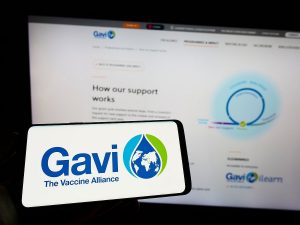As basketball fans crammed into stadiums, U.S. counties with universities that hosted “March Madness” games saw a jump in COVID-19 cases earlier this year, new research shows.
“Counties that are home to universities that participated in NCAA March Madness saw a temporary increase in COVID-19 cases beginning eight days following the tournament and peaking 24 days after the tournament, relative to counties not involved in the tournament,” said study co-author Ashley O’Donoghue. She’s a research fellow at Beth Israel Deaconess Medical Center in Boston.
The link between large gatherings of unvaccinated people during the National Collegiate Athletic Association basketball tournament and an increase in COVID cases was seen in both students and non-students, according to the study. The results were published Oct. 25 in the journal JAMA Network Open.
It’s possible that universities that took part in March Madness were concerned about potential COVID-19 transmission and may have conducted more surveillance testing, resulting in more documented infections, O’Donoghue suggested.
Even so, the study shows that social gatherings among unvaccinated university students are associated with increased COVID-19 infections. This is important information as universities nationwide consider vaccination, masking and social distancing policies, according to the researchers.
“While many universities have decided to implement vaccination mandates, not all universities have,” O’Donoghue said in a medical center news release. “This study fills a gap in evidence on the risk of COVID-19 spread from social gatherings among unvaccinated university students. This suggests that vaccinations, surveillance testing of unvaccinated students, or other mitigation measures are still important to reduce the spread of COVID-19 in a university’s community.”
More information
The U.S. Centers for Disease Control and Prevention has more on COVID-19 and universities and colleges.
SOURCE: Beth Israel Deaconess Medical Center in Boston, news release, Oct. 25, 2021
Source: HealthDay
Copyright © 2025 HealthDay. All rights reserved.

















